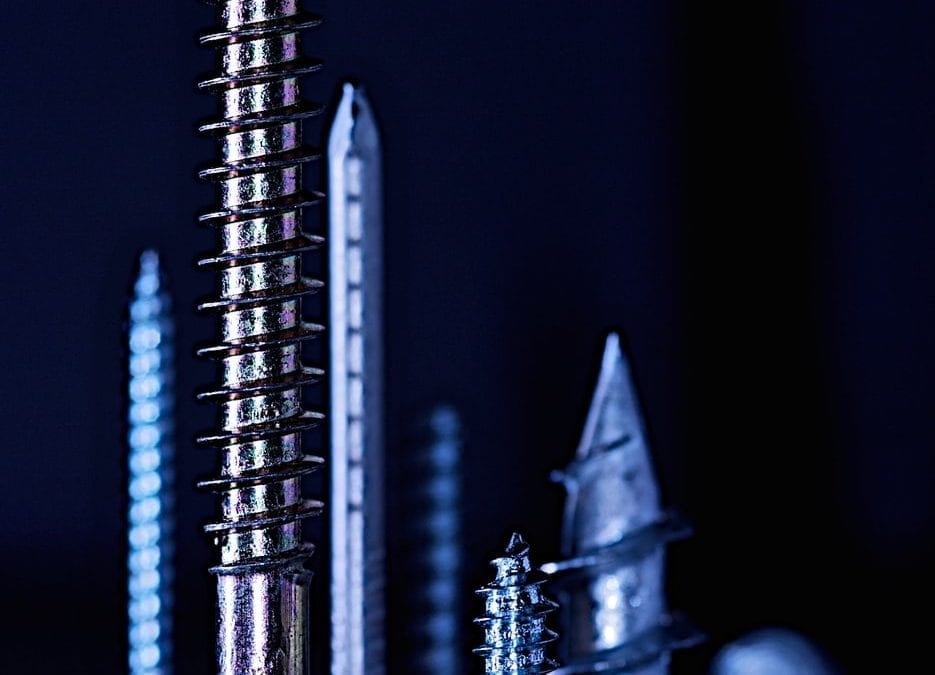Make 24th April a family day to remember
Friday 24th April is World Corrosion Awareness Day. This year, it will be a little different. We’re battling coronavirus, and many of you reading this will be in lockdown. You’ll be stuck indoors with little to do. By now, your children might be driving you insane.
This year’s World Corrosion Awareness Day is a great opportunity to relieve some of the tedium – and for households to do their bit in the battle against the devastating effects of corrosion.
Though the world is on hold, corrosion isn’t
Even when corrosion engineers aren’t locked in their homes, corrosion works to destroy our world. When we ignore corrosion control in infrastructure and transport, the result is often a human catastrophe. When bridges collapse and airplanes break apart, people lose their lives.
Eventually (hopefully soon), we will beat coronavirus. When the pandemic is a distant memory, corrosion will still be costing lives and money. Which is why engineers and scientists will continue to develop strategies, tools, and techniques to fight back against corrosion.
Here at the Institute of Corrosion, our aims include increasing awareness of corrosion, improving corrosion education, and sharing our expertise with the world. So, with World Corrosion Awareness Day in mind – and understanding how different the day will be for pretty much everyone on the planet this year – in this blog you’ll learn how to conduct a simple experiment to keep your kids amused and help them learn more about the world in which we live.
Amaze your children with a simple corrosion experiment
Here’s a little interactive experiment you can do with your kids to show the effects of corrosion, and just how quickly corrosion happens. You’ll need three clean jars, some water, some oil, some Epsom salts, and three clean steel nails. Here’s what to do:
- Pour some Epsom salts into the first jar, and drop a nail onto the Epsom salts. Screw the lid onto the jar.
- Pour some boiled water that has been cooled into the second jar. Drop a nail into the water, and then cover the water with oil. Put the lid on the jar.
- Pour non-boiled water into the third jar, and drop a nail into it. Screw the lid on the jar.
Explain to your children that:
- The first jar is air but no water. The Epsom salts draw any moisture out of the air in the jar, so it is very dry.
- In the second jar, the nail is in water, but there is no air because the oil prevents the air from combining with the water. You boiled the water to remove as much air from it as possible.
- In the third jar, water and air can get to the nail.
After a few days, your children will notice that the steel nails in the first two jars have not corroded. In the third jar, the steel nail will have started to rust. This shows that both air and water are necessary for steel to rust.
Corrosion-proof your home on World Corrosion Awareness Day
Now that you have taught your children how metal corrodes, it’s time to teach them how to prevent corrosion. This is your chance to keep them busy on World Corrosion Awareness Day (and beyond).
Your children know that it takes air and water for metal to corrode. Ask them what items around the home – including in your shed, your garden, and your driveway – are metal. Lead them through to the discovery that painted metal items are protected against air and water.
Ask your children if they want your garden benches and tables to corrode. Buckets and spades, garden fences and gates, door handles, and so on. Lead them on a hunt around the house and garden to find metal items that are not coated or painted, or that have been affected by rust.
Then, supervise your children as they clean and dry metal items, removing any corrosion, and painting items with anticorrosive paint.
This year’s World Corrosion Awareness Day is the perfect opportunity to teach your children about corrosion and get them involved in doing all those anticorrosion jobs you have been promising to do for months. Family time with a real end-product – beautifully painted metal items that are protected against corrosion.
The earlier we promote corrosion awareness, the more likely we are to reduce its human and financial cost. For advanced corrosion prevention training for corrosion professionals, contact the Institute of Corrosion to learn about our latest training initiatives – online and in person.

